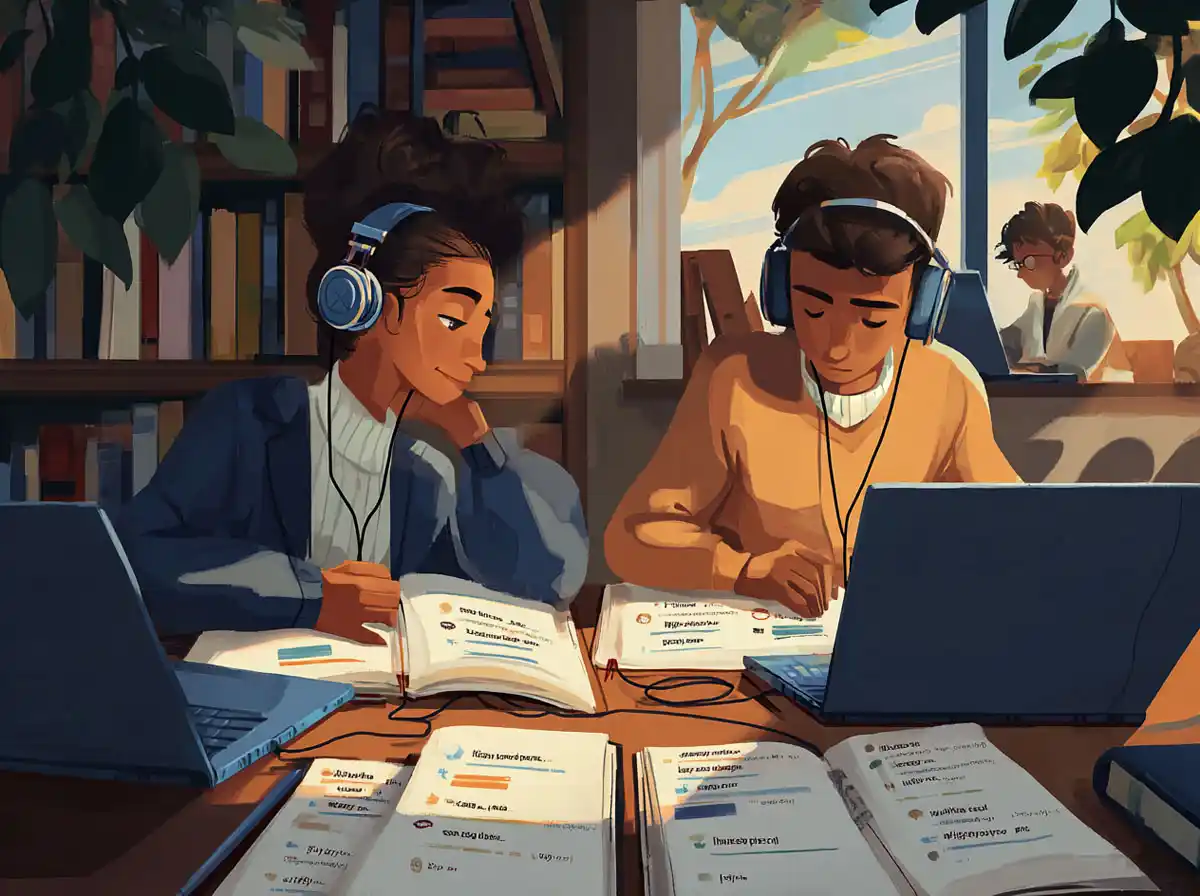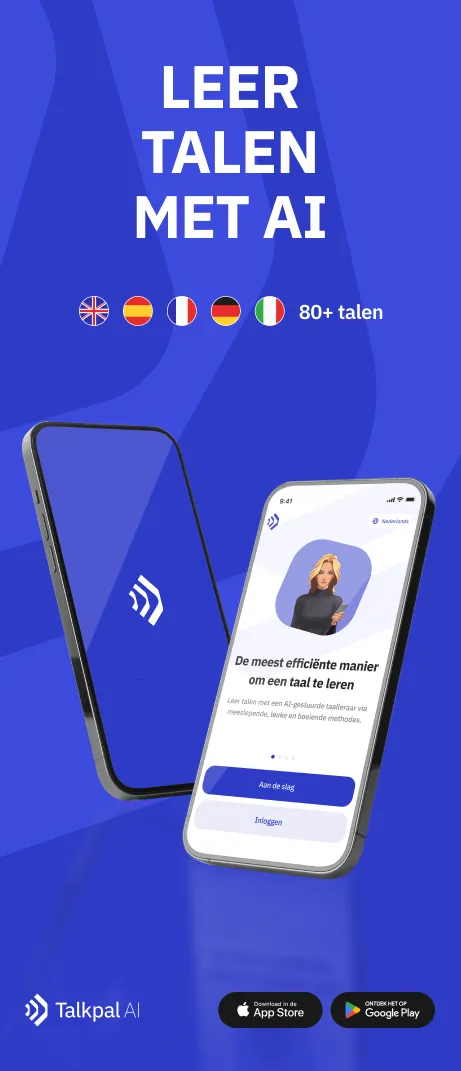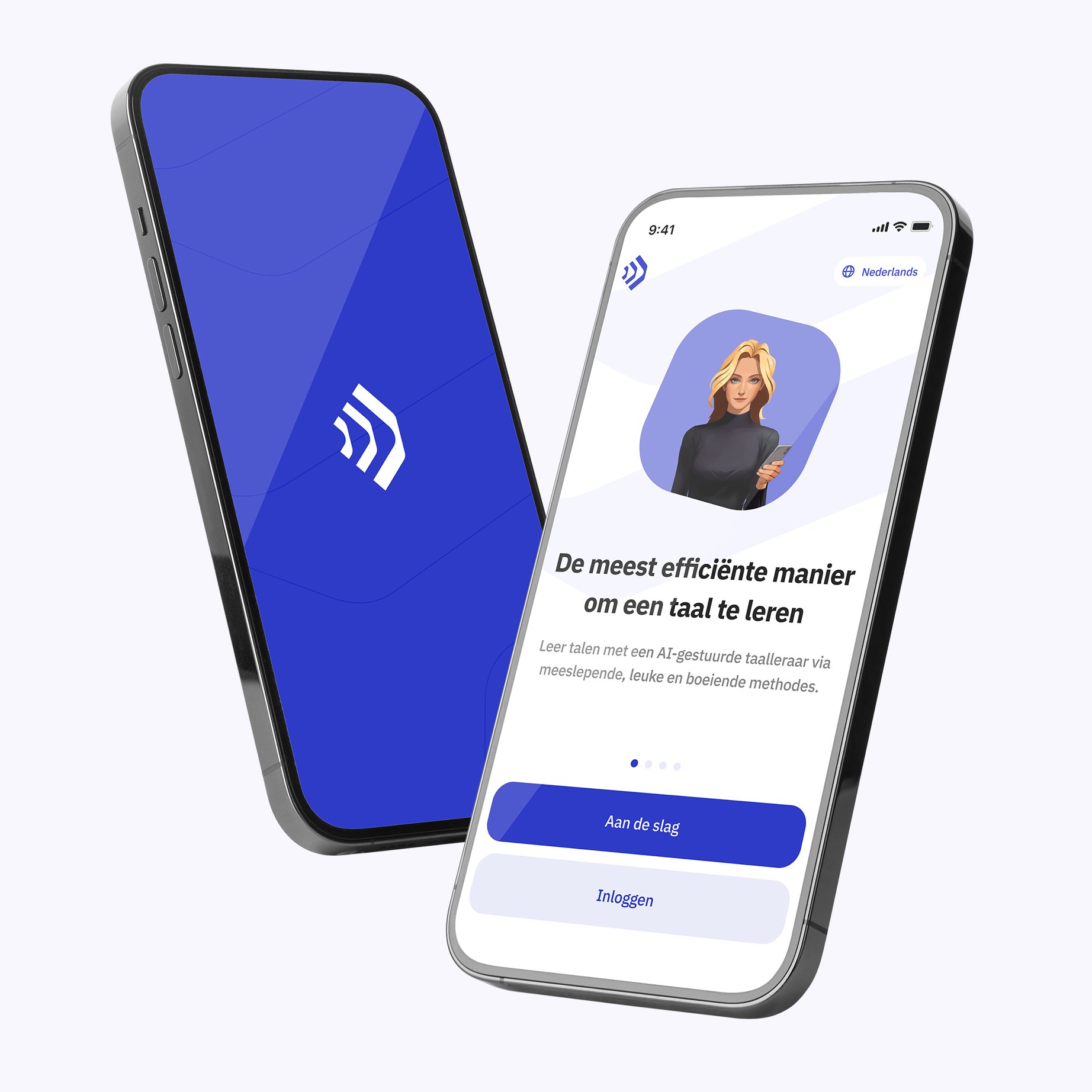De volgende oefeningen zijn opgesteld voor studenten die hun kennis van conditionele voegwoorden in de Engelse grammatica willen toetsen en verbeteren. Door de juiste voegwoorden in de zinnen in te vullen, kun je jouw begrip van verschillende types voorwaardelijke constructies testen. Onthoud dat de context van de zin belangrijk is om te bepalen welk voegwoord passend is. Veel succes!
Oefening 1: Eerste en tweede voorwaardelijke zinnen
If you want to pass the exam, you *must* (verb) study harder than you currently do.
I *would* (modal) travel around the world if I had a million dollars.
If she *does* (auxiliary) not hurry up, she will be late for the interview.
We could save more money if we *stopped* (simple past) eating out so often.
If he *hadn’t* (past perfect) missed the bus, he would have arrived on time.
You *won’t* (contraction) get any dessert unless you finish your dinner.
If they *study* (present simple) hard, they’ll pass their final exams with flying colors.
*Unless* (conjunction) it rains, the outdoor concert will go ahead as planned.
She said she would help you if she *could* (modal).
If I were you, I *wouldn’t* (contraction) make such a hasty decision.
They’ll be really happy if you *can* (modal) come to their wedding.
If it *starts* (present simple) snowing, the roads will become slippery.
You would understand the movie better if you *had read* (past perfect) the book first.
If I *were* (subjunctive) in charge, I would make some big changes.
Unless you *apologize* (present simple), I won’t talk to you again.
Oefening 2: Derde voorwaardelijke en gemengde zinnen
If I *had known* (past perfect) about the traffic, I would have left earlier.
If you *were* (past simple) paying attention, you would know the answer.
She *would have been* (perfect conditional) disappointed if you hadn’t come to her birthday party.
If they had taken the earlier train, they *would not have missed* (negative perfect conditional) the meeting.
I *would go* (modal) to the dentist if my tooth didn’t stop hurting soon.
If he had studied medicine, he *could be* (mixed conditional) a doctor by now.
If I *were* (subjunctive) you, I wouldn’t trust such a strange offer.
He wouldn’t be so tired if he *hadn’t stayed* (negative past perfect) up all night.
If you had told me about the problem, I *could have helped* (perfect conditional) you.
Unless the weather *improves* (present simple), we will have to cancel the trip.
If she *hadn’t lied* (negative past perfect) to me, I would still trust her.
You *wouldn’t feel* (negative conditional) so cold if you wore a thicker jacket.
If I hadn’t lost my map, I *wouldn’t have gotten* (negative perfect conditional) lost.
They *could have finished* (perfect conditional) the project on time if they had worked together.
If it *were* (subjunctive) possible, I’d love to meet your family.










